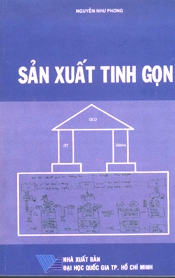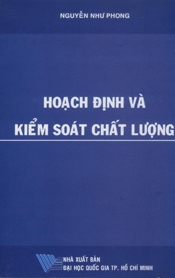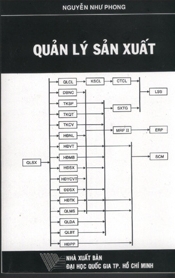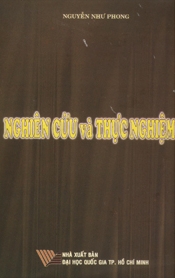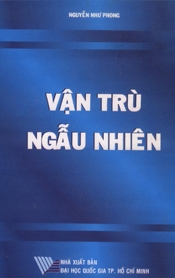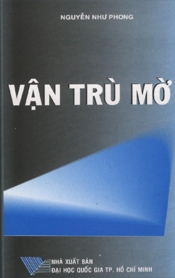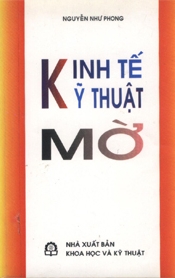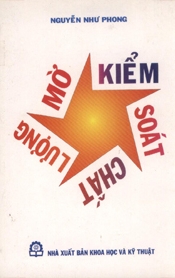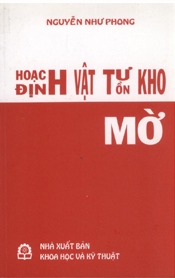
| Organizational culture for total quality management. |
|
Organizational culture for total quality management. QM 29 Juan Antonio Gimenez-Espin∗, Daniel Jime ´nez-Jime ´nez and Micaela Martı ´nez-Costa Departamento de Organizacio ´n de Empresasy Finanzas, Universidad de Murcia, Murcia, Spain
This study aimed to ï¬nd empirical evidence about the organisational culture that ï¬ts best with a total quality management (TQM) system. Based on the classiï¬cation developed by Cameron and Quinn (1999), we propose an alternative type of culture: the ‘mixed culture’ or ‘culture for quality’, which would be between adhocratic and clan cultures. It would have a double orientation – external and internal – and it would promote flexibility. The results of an empirical study of 451 companies were analysed using hierarchical linear regression methodology. The measurement of constructs used in this research was based on a review of the literature. Empirical evidence was found for the positive impact of adhocratic culture on TQM. Contrary to expectations, the clan culture has no signiï¬cant effect on TQM. In addition, the mixed culture or ‘culture for quality’ is the most appropriate for a TQM system. The expected effect of control-oriented cultures was also found. In this case, both the market culture and the hierarchical culture have a negative effect on the quality management system. Finally, it was found that TQM has a signiï¬cant positive effect on business performance. This effect is consistent with the literature reviewed. Consequently, managers must know the rules, values and customs that actually exist in their organisations as well as those that are more consistent with quality management. Companies with a quality orientation should promote the values and beliefs of the clan and adhocracy cultures.
Keywords: quality management; organisational culture; postal survey
|



